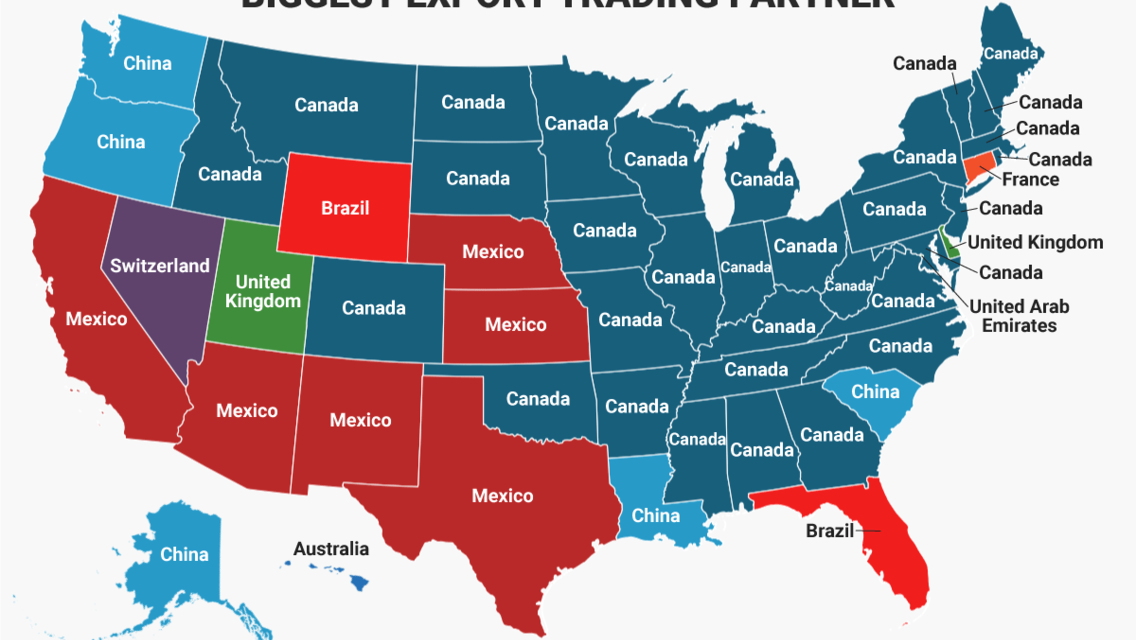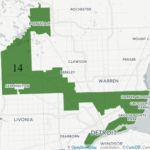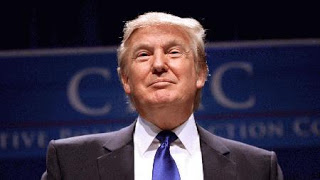
Trump
The proposed trade agreement unveiled Monday between the U.S. and Mexico could spell trouble for Michigan’s economy as Donald Trump has cast aside Canada in his bid to grab a place in presidential history.
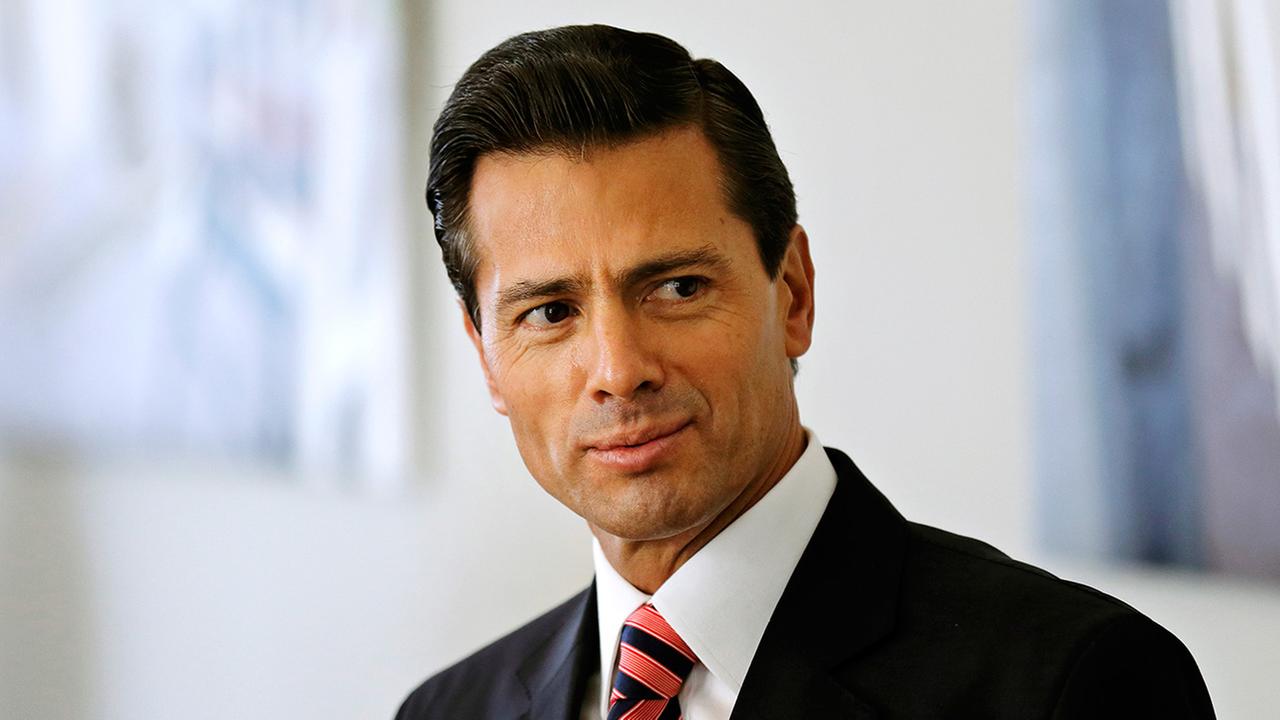
Pena Nieto
Strangely, the tentative agreement puts Trump in an entirely new light – praising Mexican President Enrique Peña Nieto, with whom Trump has clashed repeatedly over the prospect of building a border wall blocking Mexico. The U.S. president has relentlessly portrayed Mexican immigrants as a national security risk but now Trump has dumped on America’s most loyal ally, the Canadians, by conspicuously leaving them out of the trade agreement.
Across the U.S., Michigan is one of 33 states, including nearly every state east of the Mississippi River, that rank Canada as the leading destination of their home-grown and locally produced exports. In contrast, only six states engage in trade with Mexico more than any other country.
Few Michiganders realize this, but our state is an exporting powerhouse, ranked only behind Illinois as the top exporter among states that do not have an ocean port.
As of 2017, Michigan had one of the largest foreign export economies in the nation:
- Michigan exported $53.2 billion in goods in 2015, up by a third worldwide over the past decade.
- Michigan ranks No. 6 in the nation in export-related jobs (270,240) among the 50 states and ranks third in the biggest gains in export-related jobs (63,000) since 2009.
- Michigan experienced a 32-percent increase in exports to U.S. free-trade partners in the past 10 years.
- 14,843 Michigan companies export goods, and those firms employ 270,927 people.
Sure, Michigan produces cars and trucks sold from coast to coast in the U.S. But the state also turns out a wide variety of manufactured products and agricultural crops that are sold throughout North America and overseas.
Critics say that Trump’s bombastic announcement of the tentative trade deal revealed tell-tale signs that the president fails to understand the basics about global trade. Starting with the 2016 presidential campaign, his desire to sink NAFTA (the North American Free Trade Agreement) was based on wildly misleading claims that the pact was the “worst trade deal ever” negotiated by the U.S.
In any event, within the world of international trade that produces hundreds of thousands of jobs for Michigan workers, Trump’s attempt to brazenly bypass Canada in favor of the formerly demonized Mexico suggests a hyper-egotistical Oval Office occupant out of touch with the facts.
Trump proclaims that he is the almighty fixer, the salvation for blue-collar workers who have suffered financially from global trade policies over the past decade. Yet, it seems that Trump’s 2016 campaign vow to dominate and overhaul global trade has devolved into a personality clash, with the president eager to favor Mexico over Canada.
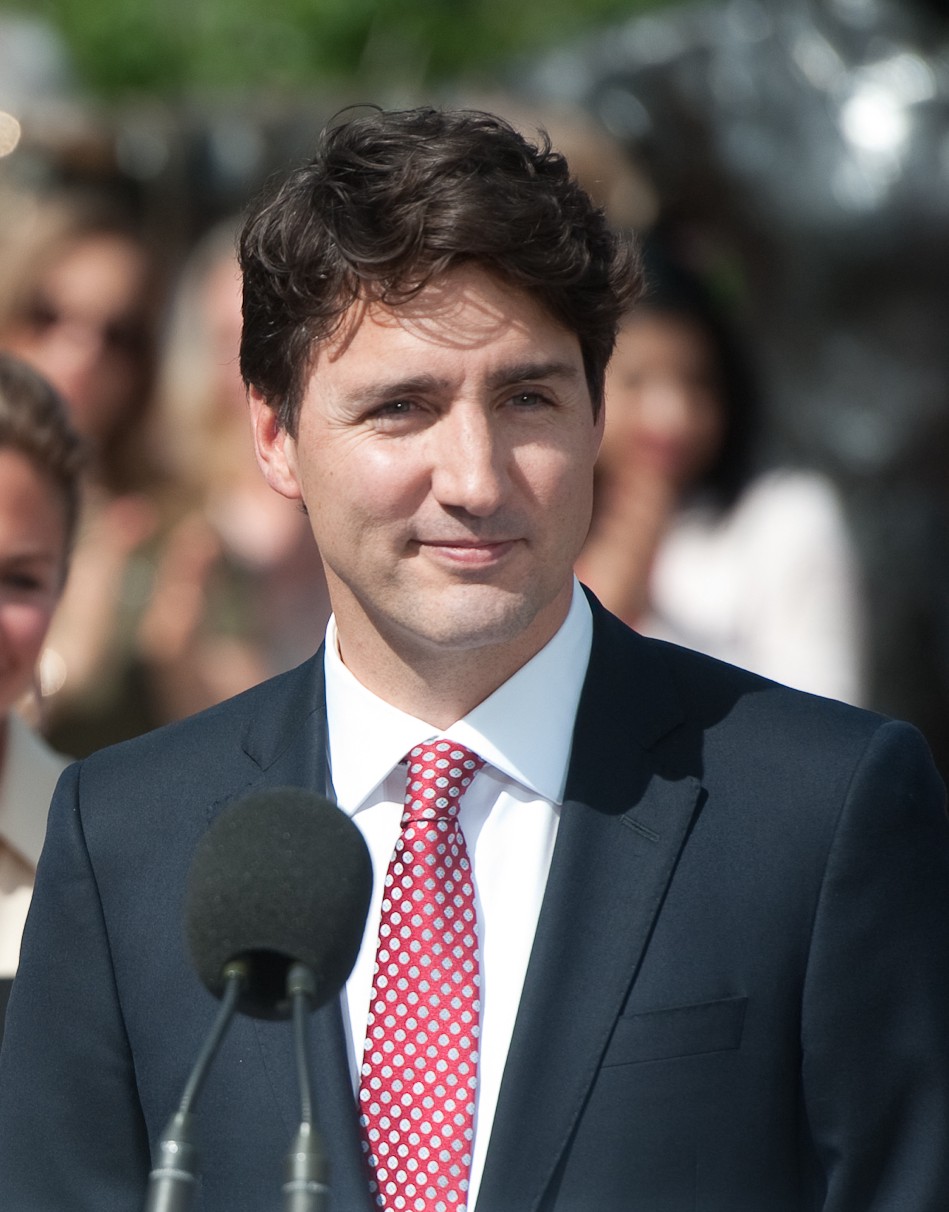
Trudeau
After all, the young and charismatic Canadian Prime Minister, Justin Trudeau, is far more popular on the international stage than Trump. After the G7 summit of Western world leaders earlier this year – which produced a mostly disastrous diplomatic performance by Trump – the U.S. president immediately attacked Trudeau in a Twitter response, calling him “meek and mild … dishonest and weak” in response to Trump’s widely panned tariffs on U.S. allies’ steel and aluminum exports.
In response to Trump’s hardball tactics, the leader of Quebec, the second most-populous province in Canada, has aggressively vowed to fight back in recent days.
Premier Philippe Couillard said: “There will be no compromises by my government. On that we will have to be excessively clear.”
To be fair, under the tentative changes agreed to by Mexico and the United States, automakers could clearly benefit.
Car companies would be required to manufacture at least 75 percent of an automobile’s content in North America, up from 62.5 percent, to qualify for zero tariffs. According to the New York Times, they will also be required to use more local steel, aluminum and auto parts, and have 40 to 45 percent of the car made by workers earning at least $16 an hour — a boon to both the United States and Canada and a win for the UAW, which has been among NAFTA’s biggest critics.
Yet, Trump’s attempt to intimidate Trudeau is a typical tactic.
The president knows that, with Congress casting a wary eye, he cannot box out our northern neighbors, yet he is angling to do so, at least for temporary PR purposes, perhaps just for spite. Even the handshake agreement – an “understanding” — with Mexico, which requires the resolution of countless details, assumed that the Canadians will be invited quickly into the process.
According to the New York Times, any agreement that does not involve Canada is likely to face legal challenges and intense opposition from the Republican Congress, which had granted the Trump administration authority to renegotiate NAFTA only as a trilateral, three-nation deal.
The Times reports that the president’s apparent willingness to move on without Canada prompted confusion and concern among congressional lawmakers — who said it may not be legally permissible, let alone smart — and businesses whose supply chains depend on a deal encompassing all three countries.
Map: Business Insider


